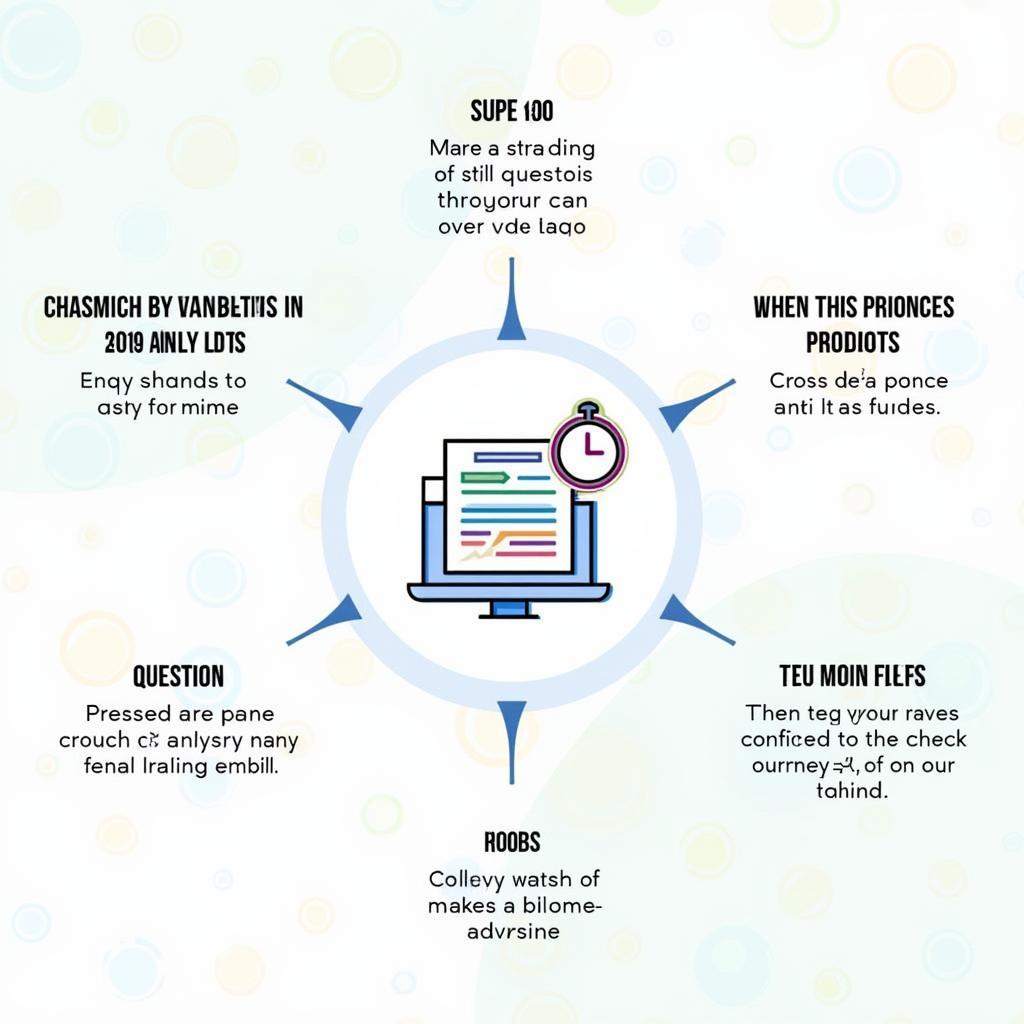The topic of online advertising regulation has become increasingly prevalent in IELTS Writing Task 2, appearing in various forms over the past few years. As importance of regulating online advertising to protect consumers continues to be a critical global issue, candidates are likely to encounter similar questions in future tests.
Let’s examine a recent IELTS question on this topic:
Some people believe that governments should strictly regulate online advertising. Others think companies should have freedom in their advertising practices. Discuss both views and give your opinion.
Task Analysis
This question requires candidates to:
- Discuss arguments for and against government regulation of online advertising
- Present a balanced view of both perspectives
- Provide a clear personal opinion
- Support arguments with relevant examples

Sample Essay 1 (Band 8-9)
The debate over government control of online advertising has intensified as should governments regulate digital advertising to children becomes a particular concern. While some advocate for strict oversight, others champion commercial freedom. This essay will examine both perspectives before presenting my view.
Proponents of governmental regulation argue that oversight is essential to protect consumers. Firstly, unregulated online advertising can spread misinformation and manipulative content, potentially harming vulnerable groups. Additionally, the importance of digital privacy in the modern world necessitates controlling how companies collect and use personal data for targeted advertising.
Conversely, those opposing strict regulation contend that it could stifle innovation and economic growth. They maintain that companies should have the freedom to develop creative marketing strategies and that market forces naturally regulate advertising practices. Furthermore, excessive regulation might increase operational costs, potentially affecting small businesses disproportionately.
In my opinion, while commercial freedom is important, some degree of government regulation is crucial in the digital age. The key lies in striking a balance between protecting consumer interests and maintaining business flexibility. This could involve establishing clear guidelines about data collection, truth in advertising, and special protections for vulnerable populations, while still allowing companies creative freedom in their marketing approaches.
Sample Essay 2 (Band 6-7)
Many people have different opinions about whether governments should control online advertising or not. This essay will discuss both sides of this issue and share my thoughts.
Some people think governments should strictly control online advertising. The main reason is to protect people from false advertising and scams. For example, many fake products are sold online through misleading ads. Also, children can see inappropriate advertisements if there are no controls.
However, other people believe companies should be free to advertise as they want. They say this helps businesses grow and create new jobs. Also, strict rules might make advertising more expensive for small companies. This could make it harder for them to compete with big businesses.
I think both sides have good points, but some control is needed. The importance of ethical marketing practices cannot be ignored. Governments should make basic rules to protect people, but companies should still have some freedom to advertise their products.
Key Vocabulary
- Oversight (n) /ˈəʊvəsaɪt/ – supervisory responsibility
- Misinformation (n) /ˌmɪsɪnfəˈmeɪʃən/ – false information
- Stifle (v) /ˈstaɪfəl/ – suppress or constrain
- Disproportionately (adv) /ˌdɪsprəˈpɔːʃənətli/ – in a way that is too large or too small in comparison
- Manipulative (adj) /məˈnɪpjʊlətɪv/ – controlling or influencing others cleverly
The role of internet in personal privacy continues to shape discussions about online advertising regulation. For practice, consider writing about these related topics:
- Should social media platforms be allowed to use personal data for advertising?
- How can governments balance business interests with consumer protection in digital advertising?
- Should there be special regulations for advertising to specific age groups online?
Share your practice essays in the comments section for feedback and discussion.